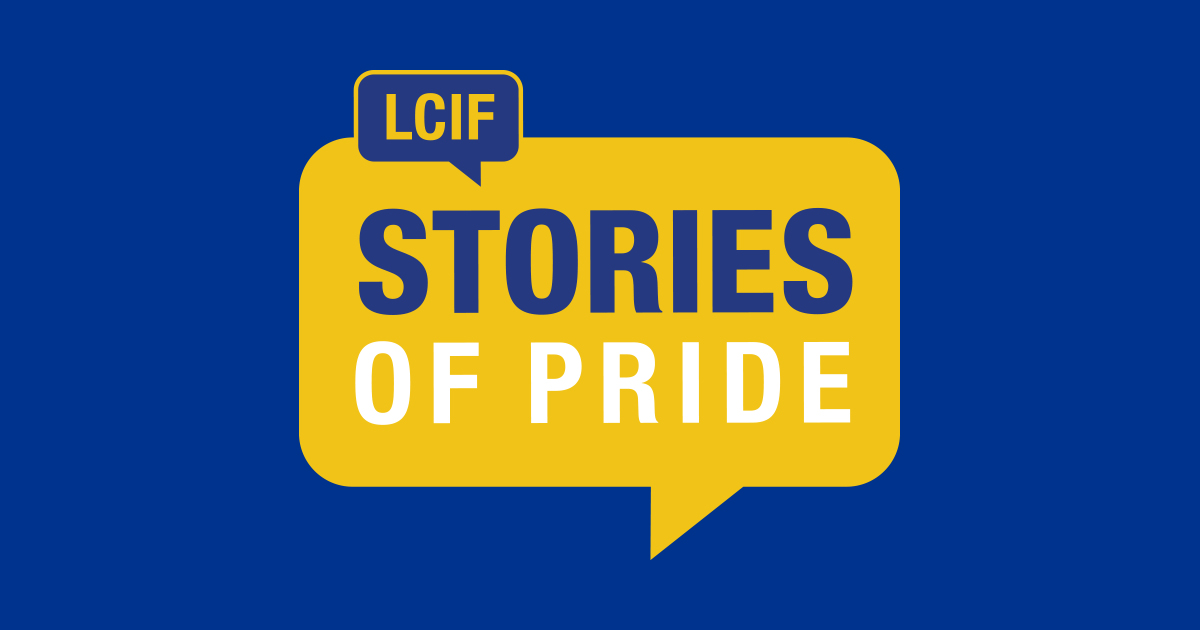
LCIF & PAHO Measles Vaccination Campaign in Mexico
In Mexico, vaccination campaigns against measles are deeply embedded in the country’s history, with campaigns starting as early as 1973. Despite immense challenges presented by the ongoing COVID-19 global pandemic, health workers across the country have continued their efforts to reach every child with life-saving immunization to protect against measles.
Measles is a highly contagious viral infection of the nose, throat and lungs, which spreads when an infected person breathes, coughs or sneezes. Despite the availability of safe and effective vaccines, measles remains one of the leading causes of death among young children globally. Severe cases are especially common in young children who lack access to basic health services and adequate nutrition. In these settings, measles becomes even deadlier, with 10 percent of cases becoming fatal.
Rubella, or “German measles,” is a viral disease that can be very dangerous for pregnant women and their unborn children. If a pregnant woman is infected with rubella, there is a high risk that the baby could develop congenital rubella syndrome (CRS). CRS can cause miscarriage or serious birth defects, including heart disease, deafness and blindness.
Before the rise of vaccine campaigns, measles killed 12,000 people per year in the Americas alone. Between 1970 and 1979, Latin American countries reported about 220,000 measles cases each year. However, from 1980 to 2015, vaccination campaigns have been able to reduce cases by 95 percent, dramatically lowering the burden of 4.5 million cases to 244,700 in just 35 years.
Although the Americas became the first region to be declared free of rubella and measles in 2015 and 2016 respectively, an increasingly interconnected world poses significant challenges in maintaining the region free of measles and rubella. However, measles and rubella can both be prevented with safe, effective and inexpensive vaccines. Immunization continues to be the best tool to protect against the virus.
From April to September 2021, as part of Mexico’s strategy to preserve the elimination of measles, rubella and CRS, the Ministry of Health, with support and strategic partnership from the Pan American Health Organization (PAHO) and Lions Clubs International Foundation (LCIF), carried out a follow-up vaccination campaign for children aged 1 to 4 years old with a combined measles and rubella (MR) vaccine, a catch-up campaign with the combined mumps, measles and rubella (MMR) vaccine for children from 1 to 9 years old and update of hexavalent vaccine for children from 6 to 59 months of age to close vaccination coverage gaps generated during the COVID-19 pandemic.
Through this collaboration, 12 health professionals were hired to participate in the technical activities of planning, monitoring and evaluating the campaign at the national and state levels, and 25 technicians were hired to evaluate and monitor the cold chain networks in the states. Nearly 92 percent of the region’s children ages 1 to 4 were vaccinated.
The campaign relied on microplanning at the local level, and proven coordination and supervision mechanisms to plan, deliver and evaluate the campaign. Dedicated health personnel planned campaign logistics, including provision of vaccines, supplies, the number and distribution of vaccinators, quality control of materials and implementation strategies while thoughtfully accounting for the implementation of safety measures such as physical distancing to reduce the risk of COVID-19 transmission.
“The vaccination personnel were the most important actors to ensure the vaccination program was a success,” said Karina Antonia de la Vega, Universal Vaccination Area Supervising Nurse with Health Services of the State of Morelos. “We thank the families of the brigade members, the nurses, the operators and the promoters who do an excellent job every day to reach every home.”

 Copy Link
Copy Link Return to Homepage
Return to Homepage